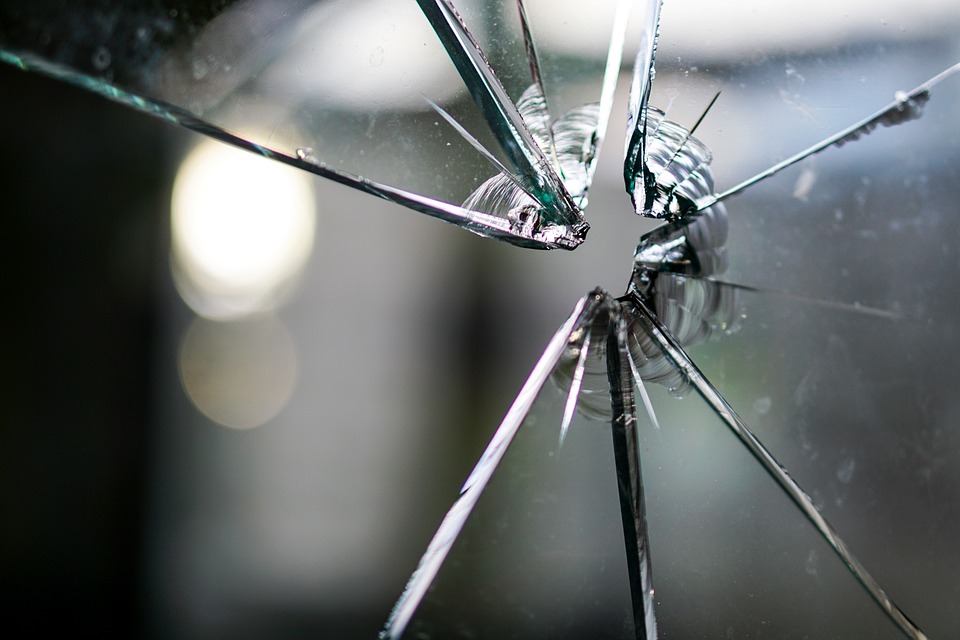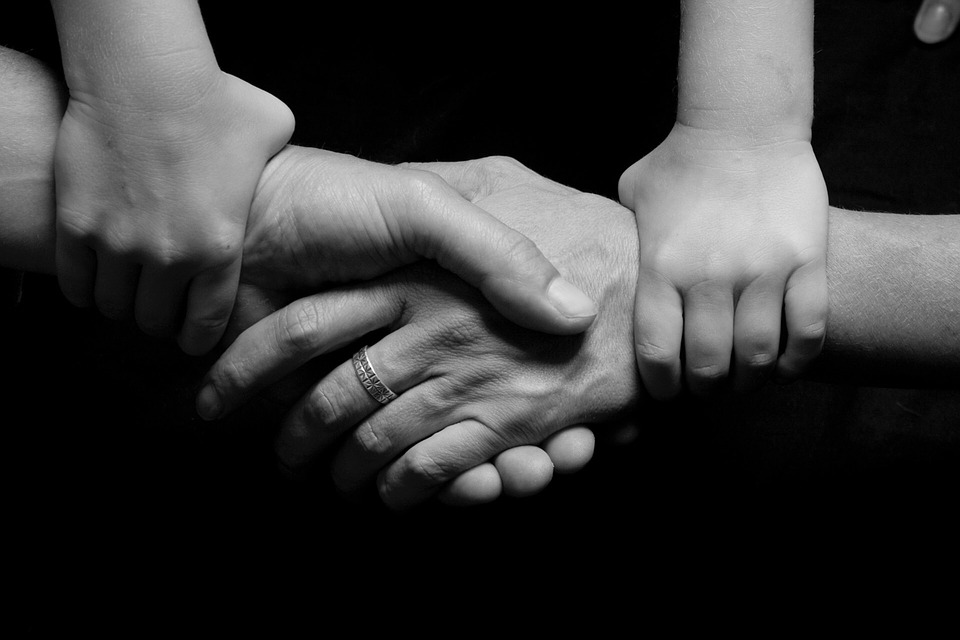















What is Judicial Precedent?
The doctrine of judicial precedent or stare decisis (to stand by the decided) requires courts to follow previous judgments or decisions in those instances where the facts of the case before the court are of a similar nature unless the court is of the view the decision is clearly incorrect, thus making these judgments a core source of law.
The Constitutional Court, namely Kriegler J, in Ex Parte Minister of Safety and Security and Others: In re S v Walters and Another 2002 (4) SA 613 (CC) at p644 noted the following about the doctrine:
“A brief comment on the doctrine will therefore suffice. The words are an abbreviation of a Latin maxim, stare decisis et non quieta movere, which means that one stands by decisions and does not disturb settled points. It is widely recognised in developed legal systems. Hahlo and Kahn describe this deference of the law for precedent as a manifestation of the general human tendency to have respect for experience. They explain why the doctrine of stare decisis is so important, saying:
‘In the legal system the calls of justice are paramount. The maintenance of the certainty of the law and of equality before it, the satisfaction of legitimate expectations, entail a general duty of Judges to follow the legal rulings in previous judicial decisions. The individual litigant would feel himself unjustly treated if a past ruling applicable to his case were not followed where the material facts were the same. This authority given to past judgments is called the doctrine of precedent.
It enables the citizen, if necessary with the aid of practising lawyers, to plan his private and professional activities with some degree of assurance as to their legal effects; it prevents the dislocation of rights, particularly contractual and proprietary ones, created in the belief of an existing rule of law; it cuts down the prospect of litigation; it keeps the weaker Judge along right and rational paths, drastically limiting the play allowed to partiality, caprice or prejudice, thereby not only securing justice in the instance but also retaining public confidence in the judicial machine through like being dealt with alike. . . . Certainty, predictability, reliability, equality, uniformity, convenience: these are the principal advantages to be gained by a legal system from the principle of stare decisis.’ ”
A practical application of the doctrine was noted in the Witwatersrand Local Devision, as it was then, in PE KHOZA AND 17 OTHERS v THE BODY CORPORATE, ELLA COURT, whereby the applicants sought an order restraining the respondent from forcibly removing them from the property for non-compliance with the eviction order granted to the respondent , even though at the time, the applicants had instituted a rescission application of the eviction order previously granted.
The High Court noted with regards to the doctrine of judicial precedent in paragraph 14, that the court was bound to the decision unless the court was of the view that it was clearly wrong and was thus bound to follow the judgment of United Reflective Converters (Pty) Ltd v Levine, a case utilised by the respondent.
Disclaimer: All information contained herein does not constitute legal advice in any form or manner nor is it intended. All legal advice must be obtained or gained from a consultation with a qualified lawyer. The views and opinions expressed are those of the cited authors and not those of the publishers of iGazette. iGazette accepts no liability for any information which may be incorrect.
© Rui Lopes. All Rights Reserved.
All images have been obtained through pixabay.com unless otherwise cited.
